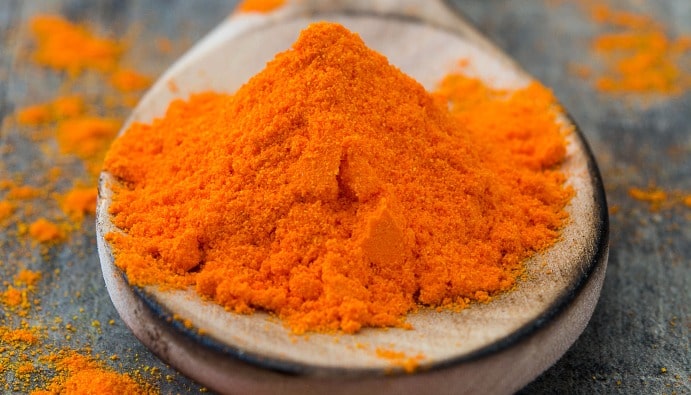
BLOG
KATEGORİDEKİ DİĞER YAZILAR

Food additives are chemical or natural substances that are added to foods to extend their shelf life, improve their flavor or make their appearance attractive. These substances can have different functions such as coloring, preservatives, sweeteners, emulsifiers or thickeners. The Turkish Food Codex Regulation on Food Additives regulates the use of additives and some substances may be banned.
Some additives are banned because they may cause adverse effects on human health. Possible harms of banned additives are mentioned below:
Sudan dye is a synthetic azo dye, specifically known as Sudan I, II, III and IV . It was developed for industrial uses and is used in paints, textiles and plastics. However, its use in food products is prohibited. The main reason for the ban on Sudan dye is that these dyes are potentially carcinogenic and toxic. Long-term exposure is known to increase the risk of cancer, especially liver and bladder cancer.
Sudan dye cannot legally be used in foods. However, some manufacturers may use it illegally to provide cost advantages or to give the product a more attractive appearance. Sudan dye is generally known to be detected in the following products:
The health effects of food additives are an important issue for consumers. Banned additives such as Sudan Dyes threaten consumer health due to their carcinogenic effects. Therefore, it is of utmost importance that products are purchased from trusted brands and label information is examined. The presence of Sudan dyes cannot be understood by the consumer. It can be detected as a result of analyzes conducted by expert and authorized laboratories.
Contact us for more information.
You can follow us on LinkedIn for up-to-date news and posts about our services.
Follow our Instagram account to be informed about our latest blog posts.